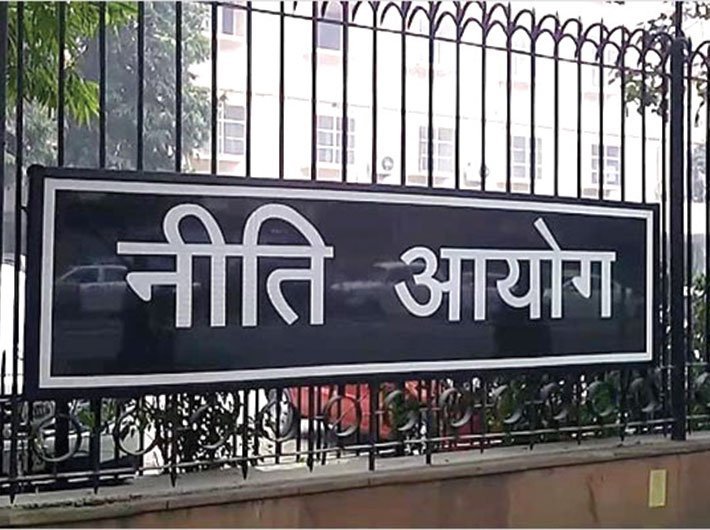‘Three Year Action Agenda’, a document prepared by the NITI Aayog and released for public consultation on April 27, devotes a chapter on ‘Government’, with the government think-tank presents a vision of administrative reforms. Among its key proposals are the oft-debated idea of introducing lateral entry in bureaucracy to deal with increasing specialisation, longer tenure for secretaries, outsourcing as much service delivery as possible, and a renewed focus on e-governance.
Here are the relevant excerpts from the document:
Lateral entry
“In areas requiring specialised knowledge, it is important to develop expertise among internal staff and induct lateral entry. For the former, officers may be encouraged to gain expertise in specific areas in the early stages of careers and the current system of rapid rotation of officers across ministries may be replaced by a system of longer postings according to specialization. Officers should also be encouraged to enhance their knowledge and skills in the chosen area of specialisation through intensive training.
16.16. This specialisation by the internal staff needs to be complemented by lateral entry of highly specialised staff on fixed-term contracts. Specialists could be brought on three to five year contracts. Such a system will bring top talent and energy into the government and will lend new dynamism to the ministries. The NITI Aayog performs many tasks requiring specialised knowledge and skills. Therefore, it has recently proposed changes to its Rules of Recruitment, which if approved would open the door to lateral entry. This initiative could serve as a pilot for other ministries.”
Longer tenure of secretaries
“Currently, by the time an officer is promoted from Additional Secretary to Secretary, usually she has two years or less left before retirement. This feature creates two important inefficiencies. One, with a time horizon shorter than two years, the officer is hesitant to take any major initiatives. Two, and more importantly, to the extent that any misstep may become the cause for charges of favouritism or corruption post retirement, the officer hesitates to take decisions on any major project. This causes inordinate amount of delay in decision-making. One possible solution to this problem is early promotion to the Secretary position. Introduction of lateral entry, discussed immediately below, will facilitate this change.”
Outsourcing
“We should reduce dependence on government administrative machinery wherever possible. We can make use of the power of Aadhaar based identity verification to allow private channels to provide services wherever possible. Identification of such services should be taken up and PPP models to provide those services should be explored.”
E-governance
“Each government department and agency should be ranked on the basis of their move to the e-office system, reduction of paper use, and citizen engagement through the electronic medium. This would permit increased efficiency, better tracking of progress on files and improved interface with citizens. Some ministries and agencies have already made the move and demonstrated that this change can be achieved immediately. A ranking will shine the spotlight on ministries that are dragging feet and incentivise them to change. The goal should be full digitization by the end of 2018-19.
Several other measures to promote e-Governance are also mentioned in the Digital Connectivity chapter.”
